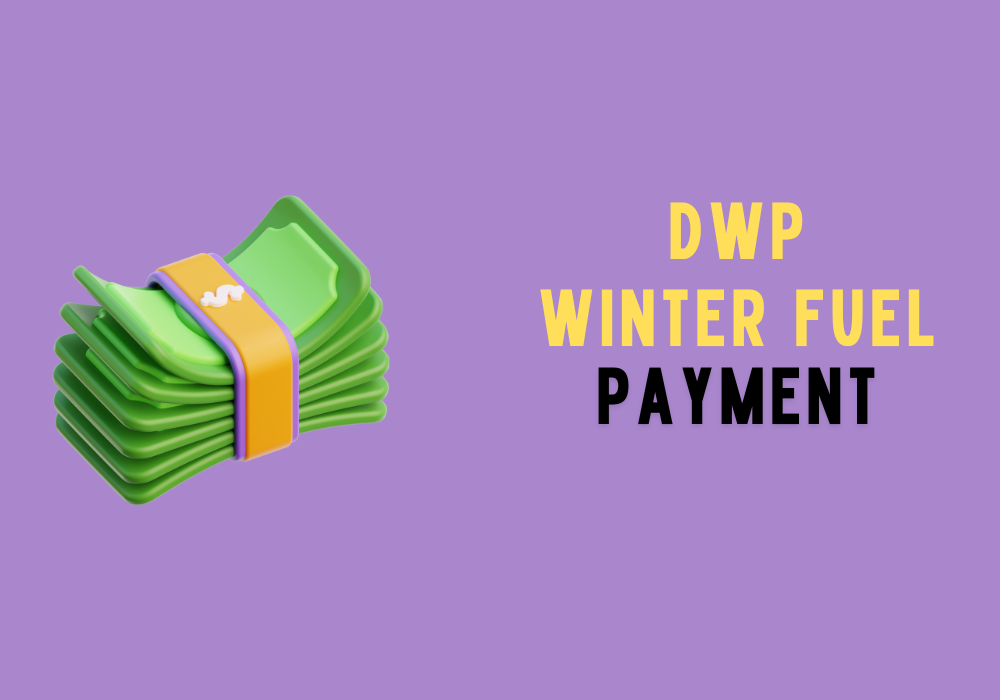With the cost of living crisis severely hurting many households, particularly retirees, the UK government offers a variety of financial subsidies to help those who are most vulnerable manage rising prices. One of these safety nets is the Winter Fuel Payment, which is meant to help pensioners manage their heating costs over the winter.
In the winter of 2024–2025, pensioners who satisfy the qualifying requirements will get a £300 allowance, according to the Department for Work and Pensions (DWP). Additionally, it has been made plain that not everyone who applies for Pension Credit would automatically be qualified for this extra help.
Who Won’t Get the £300 Winter Fuel Payment?
- Living in a care facility and being located in Scotland: A retiree will not be eligible for the Winter Fuel Payment if they have resided in a care facility for the full-time frame of June 24 to September 22, 2024.
- Penalties incarcerated for the entire qualifying week, September 16, through September 22, 2024, will also not be eligible for the Winter Fuel Payment. They are still excluded even if they satisfy additional benefit requirements.
- Hospital stays for free care longer than a year: A further category of exclusion includes patients who have received free treatment at a hospital for more than a year. The pensioner will not be eligible for the £300 Winter Fuel Payment under these conditions.
- Recipients of other benefits: Although not mentioned specifically, recipients of some additional benefits are likewise excluded, even if they are also receiving Pension Credit. It is essential that pensioners consult with the DWP about their particular situation.
How Pension Credit Works?
A significant financial assistance program, Pension Credit raises the weekly income of low-income retirees in an effort to assist them. Contrary to popular belief, Pension Credit is comprised of two components: Guarantee Credit and Savings Credit.
Guarantee Credit guarantees a minimum level of income for pensioners. It raises income to: for those who qualify.
- £218.15 a week for single people.
- £332.95 a week for two people
The State Pension, any private pensions, and earnings from labor—whether from employment or self-employment are all taken into account when determining an individual’s total income. It also influences the majority of social security benefits, including Disability Income. The combined incomes of individuals who have partners are evaluated collectively.
Under some exceptional situations, an individual may be eligible for Pension Credit even if their income exceeds the usual threshold. Among these are:
- Possessing a disability.
- Taking care of someone else.
- Accumulating large sums of money.
- Having to pay a hefty rent.
Benefits of Claiming Pension Credit
Pension Credit provides more than just a weekly income boost to eligible pensioners. A few of the principal benefits are as follows:
- Cold Weather Payments: If you satisfy the qualifications for Pension Credit, you will be eligible for these benefits automatically. These are distributed in times of extreme cold and offer cash support to assist with the expense of extra heating.
- Free TV License for Seniors 75 Years and Up Applying for a free TV licence allows pensioners 75 years of age or older who receive the Guarantee Credit portion of Pension Credit to save £159 a year.
- Assistance with NHS costs: Pension Credit holders may also be qualified for NHS cost assistance, especially if they also meet the requirements for the Guarantee Credit.
Maximising Your Benefits
Even while some people may find the Winter Fuel Payment exclusion criteria frustrating, the Pension Credit is still a very significant benefit for retirees. Pension Credit is estimated by the DWP to be worth an extra £3,900 per year on average, and it can greatly improve the quality of life for pensioners.
When applying, it’s crucial to make sure that all of the information is correct and up to date. Pensioners should speak with the DWP or a financial advisor if they have questions about their eligibility as it is dependent on a number of factors, including income, savings, and living circumstances.
